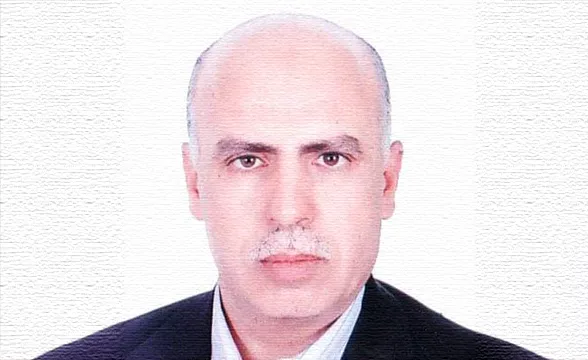Tunis, June 3, 2025 – The Criminal Chamber specializing in financial corruption cases at the Tunis Court of First Instance ruled to postpone the trial of Abdelkarim Slimane, treasurer of the Namaa Tounes association, to June 26, 2025, in response to a request from the defense team. Two other members of the association are also being tried in the same case, all of whom are in detention.
The case stems from investigations conducted by the Financial Judicial Pole, which resulted in the issuance of detention warrants against the defendants, in addition to freezing Abdelkarim Slimane’s assets and bank accounts, and imposing travel bans on other defendants, on suspicion of alleged money laundering and violating exchange laws.
The Freedom for Tunisia Observatory is monitoring this case amid conflicting information regarding the nature of the evidence presented. Neither the content of the audit reports nor the movements of funds subject to investigation have been disclosed to the public. This raises serious questions about the guarantees of transparency and openness of proceedings, especially when it concerns prominent figures linked to associations or political parties.
The Observatory notes that the case is being handled in a political context marked by numerous prosecutions against dissidents. This requires careful monitoring of the integrity of the proceedings and the prevention of any violation of the right to a fair trial, particularly with regard to the duration of pretrial detention and the publicity of the trial.
- The Freedom for Tunisia Observatory calls for ensuring the publication of the charges and evidence in this case and for making this information available to the public, ensuring effective societal and judicial oversight.
- It calls for guaranteeing the defendants’ full procedural rights and not extending the period of pretrial detention beyond what is permitted by international standards.
- It warns that the frequency of prosecutions against members of associations or political parties, in the absence of transparent trials, may contribute to the entrenchment of a climate of doubt about the independence of the judiciary and its use as a tool for political pressure.





